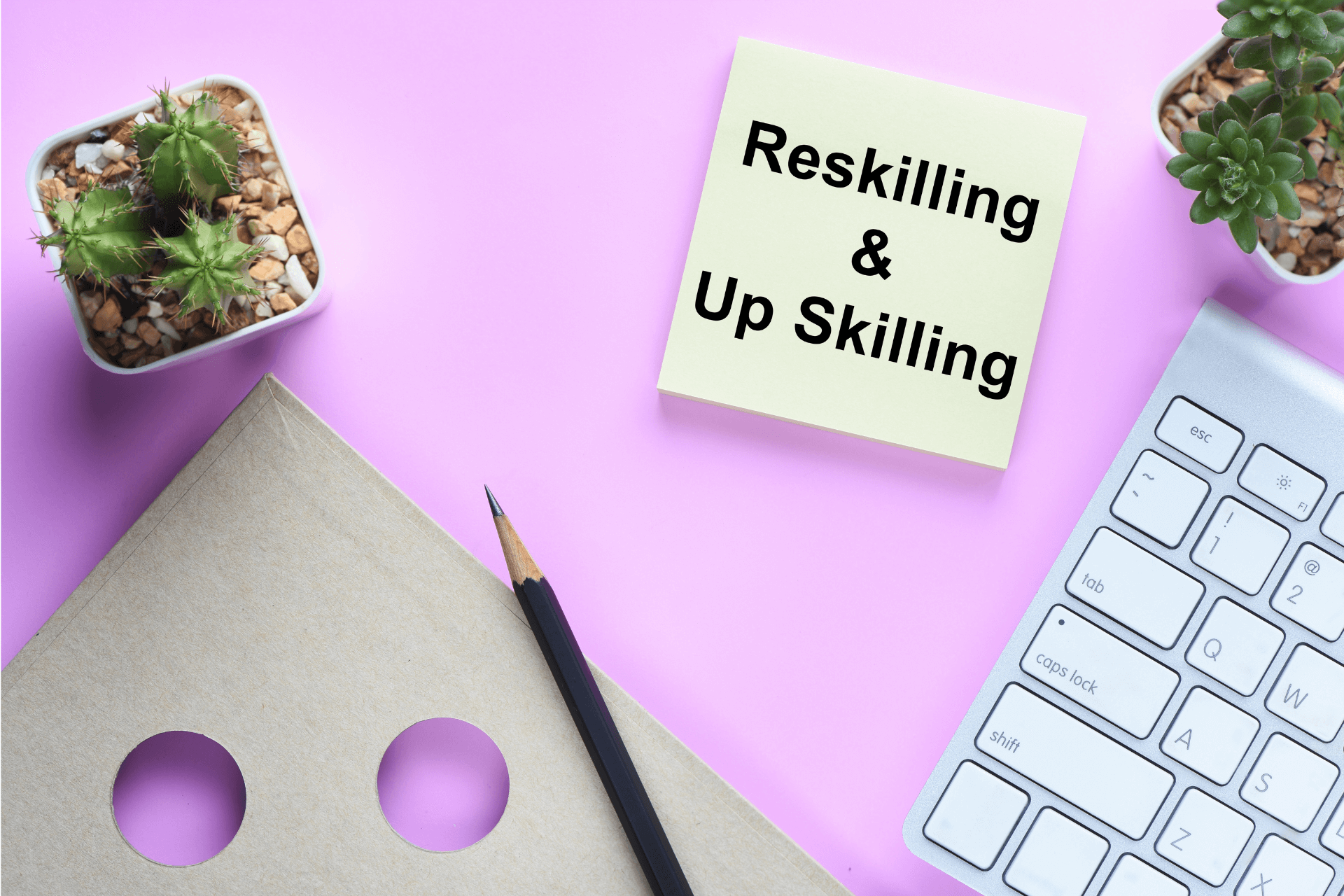How to write the perfect personal summary in English

Personal Summary is a picture and summary of yourself, your strengths and any other work experience and training you have. It is the first thing your future employer will see when they get their hands on your CV, it is a way of describing why you are the best candidate for a job.
Below we’ve gathered some tips and some personal summary templates to help you stand out from the crowd of candidates, write the perfect personal summary in English, and finally get accepted to your first real job! A personal summary varies from person to person, depending on the person’s personality, their status (if they are a graduate and looking for a job, if they have many years of experience and looking for a job, if they have no work experience at all), and the type of job they want to be hired for.
How to build the personal summary in English
The best way to build your personal summary in English is to answer the following questions:
- Why does this role interest you?
- Why does this role interest you?
- Do you have any previous jobs or training that relate to this line of work?
- Have you taken part in any projects that help demonstrate your capabilities?
- What special skills do you have that make you an ideal candidate?
Once you have answered these questions, you will have an idea of what you can bring to the position you are applying for. You can use these questions to build your personal summary.
Example personal summary for university graduates
After finishing university, it is very likely that you will not have any work experience, so you can focus on your academic achievements, life experiences you have had, hobbies, interests that demonstrate your skills and are relevant to the job you are applying for, and which will help you in your subsequent career path to the job you are applying for. In this case, try and explain why you are applying for the specific job and how you would like to progress in your career, as well as the specific skills and knowledge you can bring to the company. But try to focus and give details relevant to your degree (e.g. grades on projects), as well as specific courses and projects that have inspired you and made you develop your knowledge and skills. You can mention things you did at university, such as Captain of school hockey team (shows leadership), Volunteer/community work (shows you’re proactive), Visiting art galleries and museums (if applying for a job in something relevant…)
Example:
A recent business economics graduate with a 2:1 honours degree from the University of X, looking to secure a Graduate Commercial Analyst position to use and further develop my analytical skills and knowledge in a practical and fast-paced environment. My career goal is to assume a role which allows me to take responsibility for the analysis and interpretation of commercial data for a well-respected and market-leading leading company.
Example of a personal summary for an unemployed person with work experience
Being unemployed or having been made redundant is never easy. But when handled in the right way it is not a barrier to applying for jobs. Emphasize your previous work experience, and keep in mind that your goal is to sell yourself. So, therefore, emphasize your positive points rather than apologizing for a negative one.
Example:
Driven Retail Manager with over 2 years’ experience in the fashion industry. Proven track record of success, including managing the top performing store in the region, and having the lowest staff turnover rate of all Athens outlets. Currently out of work due to company closure, looking for the right opportunity to bring my expertise to a well-established fashion brand in an upper management position.
Examples that are catchy
How should I start my personal summary?
How long should the personal summary be?
The personal summary should be a short description, between 50 and 150 words. Remember that it is not an essay or cover letter. It is just a summary of who you are as a student/ graduate/ professional. Employers take just a few seconds to look at your resume, so you need to get their attention from the start.
How should I close my personal summary?
Your personal summary should close with your objective, which is an explanation of why you want the job and why you are the best candidate
Examples:
- “Looking for a start in the exciting world of electrical engineering where I can learn a trade and realise a lifetime ambition.”
- “Hoping to find my next challenge in the world of marketing, and to grow my digital portfolio within an innovative, exciting company.”
- “Looking to start my career in Journalism in a role where I can build on the skills gained at University and work experience.”
Do's and Don'ts for the personal summary
DO
- Gain the reader’s attention with a polite, professional and positive tone.
- Keep the personal summary short, concise and within the word limit. It is important to be concise and to the point.
- Include a brief overview of your career. Where you have worked previously, and what you learned from your work experience.
- Emphasize the industries you are specialized in. What you’re great at, where you excel, and what you can offer the company.
- Include your core skills. How do these skills match the job description you are applying for?
- Use the language of the job description. This shows that you have read the job description and understand what the role requires.
- Don’t speak sentences in the first and third person singular because it confuses the reader. Pick one of these and stick to it.
- State the goal you want to achieve through your career (e.g. “Looking to secure a position in a media organization, where I can bring immediate and strategic value and develop current skillset further.”
DON’T
- Do not include unnecessary personal information such as whether you are married, recently divorced or how many children you have. This information is meaningless and is not a criterion for your employer about whether or not you are qualified for the job.
- Do not include anything negative. You need to present yourself in the best possible light, so stay positive.
- Try not to be showy – 9 times out of 10 this will not impress anyone.
- Don’t be vague and don’t say generic things. Your personal summary should be focused on your specific skills and achievements. Copying a ready-made example you found online will make you look boring, and will not impress your future employer.
- Don’t lie or exaggerate – it will be revealed sooner or later.
And remember: you should always change your personal summary according to your purpose and the position you are applying for. This way you can be sure that you are really “selling” yourself according to the role the position requires rather than sending the same generic personal summary to every job application. Follow the examples and tips above to build your personal summary and add your own touch, style, character and make it special. It may take a little extra time, but it’s worth it as it will attract the interest of your prospective employer.

 Share it
Share it 








